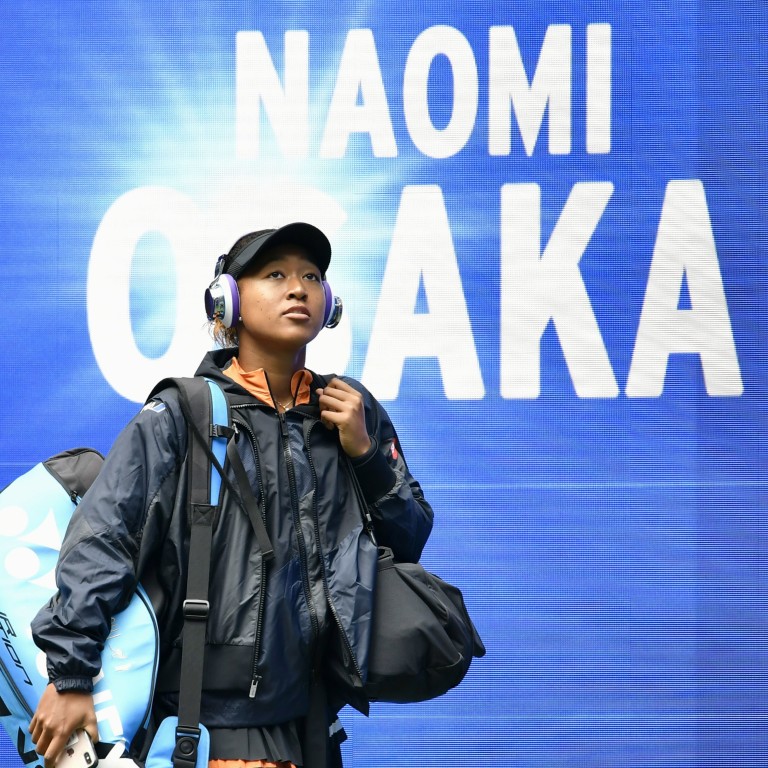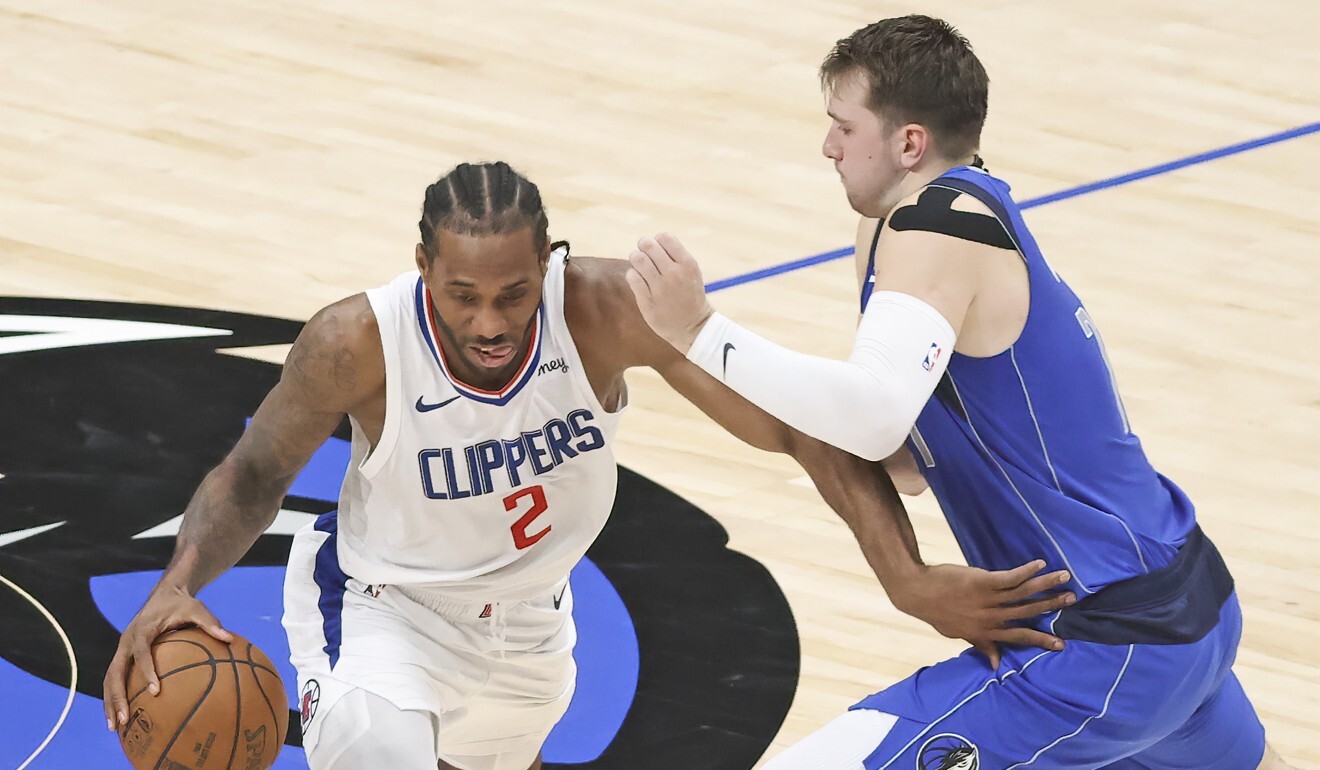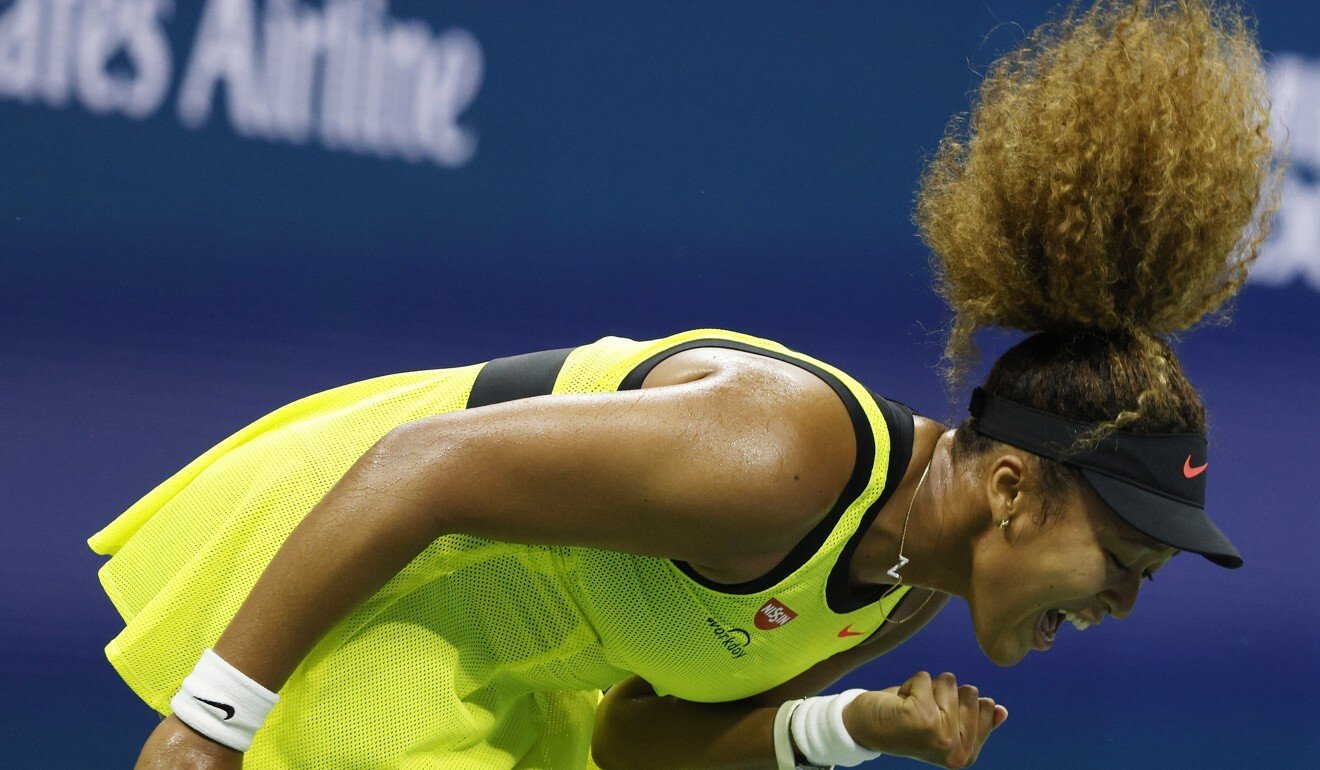
Naomi Osaka and Kawhi Leonard: the rise of the selfish athlete is more complicated than you think
- Athletes are getting chastised for putting themselves first in a sporting world that demands an onus on the team and not the individual
- Some superstars are pushing back, creating boundaries and making sure they take care of themselves first in the cutthroat world of professional sports
The adage in team sports is the team comes first, and the individual is second. That athletes are part of something bigger than themselves.
This has driven team sport ideology for years, starting in childhood when kids are yelled at by their first coach and carried on through to the professional ranks. “Take one for the team”, a well-worn cliché that dates back to the 1970s when baseball players would allow themselves to get hit by a pitch to get on base.
The phrase helps teams create chemistry, make crucial plays and win championships. When everyone is willing to sacrifice for the greater good, great things can happen.

His track record of putting himself first dates all the way back to his time with the San Antonio Spurs when he quit on the team, asked for a trade, and then spent a year in Canada before bailing on that team. This off-season it came to light he got a call from Russell Westbrook back in 2019, who wanted to join forces, only to use that intel, pick up the phone and court Westbrook’s teammate Paul George to join him in LA.
Ronaldo took heat recently for his snap decision to leave Juventus days before the transfer window closed, which left the Italian side scrambling to replace him, showing that if superstar athletes want out, there isn’t much that can stop them.
Paralympic athletes deserve praise and fairness in rewards
Each of these instances have a multitude of reasons behind them, some of them unknown to the public, but it’s clear to see star athletes are worrying about themselves first and foremost. Leonard’s postgame routine, which involves more than an hour long recovery process that has the media regularly waiting for him to finish so they can get their quotes is well-documented.
But dig a bit deeper into these circumstances and you start to see the real reasons behind these athletes’ apparently narcissistic actions. When a reporter pushed Leonard on the subject of why he takes so long to make himself available to media, he explained his actions, which stem from his “load management” ideology.
“I just want to be able to walk strong when I’m done playing this game,” he said. “My son motivates me to keep playing. Once he gets to the age to play basketball, I want to be able to play with him still.”
Wanting a pain-free life after retirement is a new thing for athletes. For years we’ve allowed them to ride off into the sunset, and only spoke of them in a nostalgic sense, reminiscing about their glory days, never once wondering where they were in the present moment. We all know the truth to this now, that they do not ride off into the sunset, in fact, many of them have harrowing post-playing careers marred by lingering injuries, concussions, opioid addictions, depression and financial problems.
It’s one thing to call Leonard selfish, but it’s tough to fault him for wanting to shoot some hoops with his son when he’s 65 and not have to use a walking frame, or require prescription medication to be able to get out of bed in the morning.
This new-found sense of personal autonomy also applies to individual sports. Tennis star Naomi Osaka clearly needs some time away from the game to get her mental health in order, and after she told reporters she would be taking some “me” time after losing in the third round of the US Open, some were quick to call her soft, weak and declare she need to toughen up.
However, countless athletes have come to her defence, noting Osaka needs to be selfish, and her fans can wait patiently and let her take the time she needs to sort through whatever she is going through personally. Superstar golfer Rory McIIroy was one of those athletes to back the Japanese star’s decision to hit pause on her career so she can work on herself as a person.
“I spoke about this in 2019, about separating who I am as a golfer and who I am as a person and trying to not let that define me. And it seems what Naomi is going through at the minute is that same thing,” the four-time major winner said.

“How can I play tennis and enjoy it and not let the results define who I am? I think everyone just needs to let her have time to figure that out.”
We’re incredibly hard on our athletes. We expect perfection from them on and off the court, chastise them when they leave our team for another, and scold them for putting themselves before the team. But these professionals are also people, and they exist in highly pressurised worlds where every movement is heavily scrutinised, where mental health is an afterthought, and “taking one for the team” is the golden cliché.
Maybe we should allow them to put an “I” in team once in a while.

